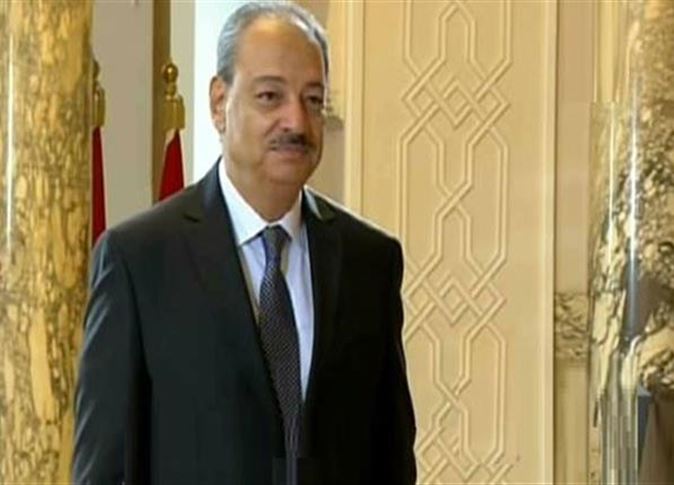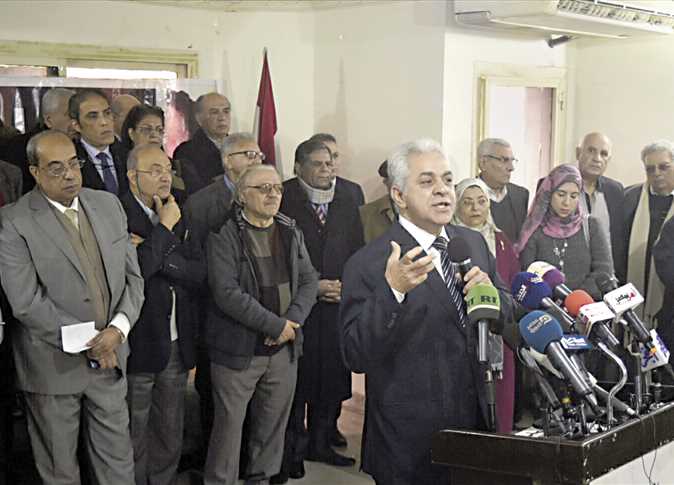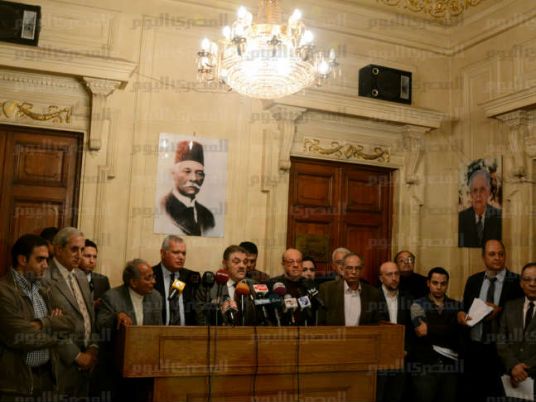National Salvation Front (NSF) spokesperson Ahmed al-Borai said Monday the NSF planning to challenge the electoral law at the Supreme Constitutional Court and the State Council in the coming few days.
“We will focus on the disproportional distribution of the electoral constituencies that work to the advantage of a single political faction, depriving the opposition of a fair chance,” he said. “This is a violation of equality.”
The NSF also objects to the fact that the law allows those prohibited from military service due to having a security record to run in parliamentary elections. “They should not be allowed to serve in a legislative council that supervises the executive branch,” Borai said.
“The law does not serve public interest,” he added. “It serves that of the Muslim Brotherhood, the Salafis and the Jama'a al-Islamiya.”
The NSF has announced that it will be boycotting the elections. Borai, who is also vice-president of the Dostour Party, said on Monday that the boycott campaign will also lay out solutions to the economic problems the country is facing.
Leading NSF figure Mohamed ElBaradei on Twitter said that President Mohamed Morsy is incapable of running the country, and that the escalating violence proves the regime is incompetent.
Meanwhile, the High Elections Committee is facing problems in the judicial supervision of the voting of Egyptians abroad since there are more than 140 Egyptian embassies abroad that require judicial supervision.
Following the removal of former president Hosni Mubarak, the then ruling military general granted Egyptian expatriates the right to vote. Since then, all expatriate voting has been supervised by diplomatic missions.
Judicial sources said the new Constitution does not allow for anyone who is not a member of the judiciary to supervise the polls.
It would cost the treasury millions of dollars to ensure the judicial supervision of all electoral stages for the 650,000 expatriate voters in different parts of the world.
The sources said the committee is considering an electronic voting system for expatriate voting—the votes would be counted in Egypt by judges thereby avoiding risks of unconstitutionality of the poll.
Edited translation from Al-Masry Al-Youm



